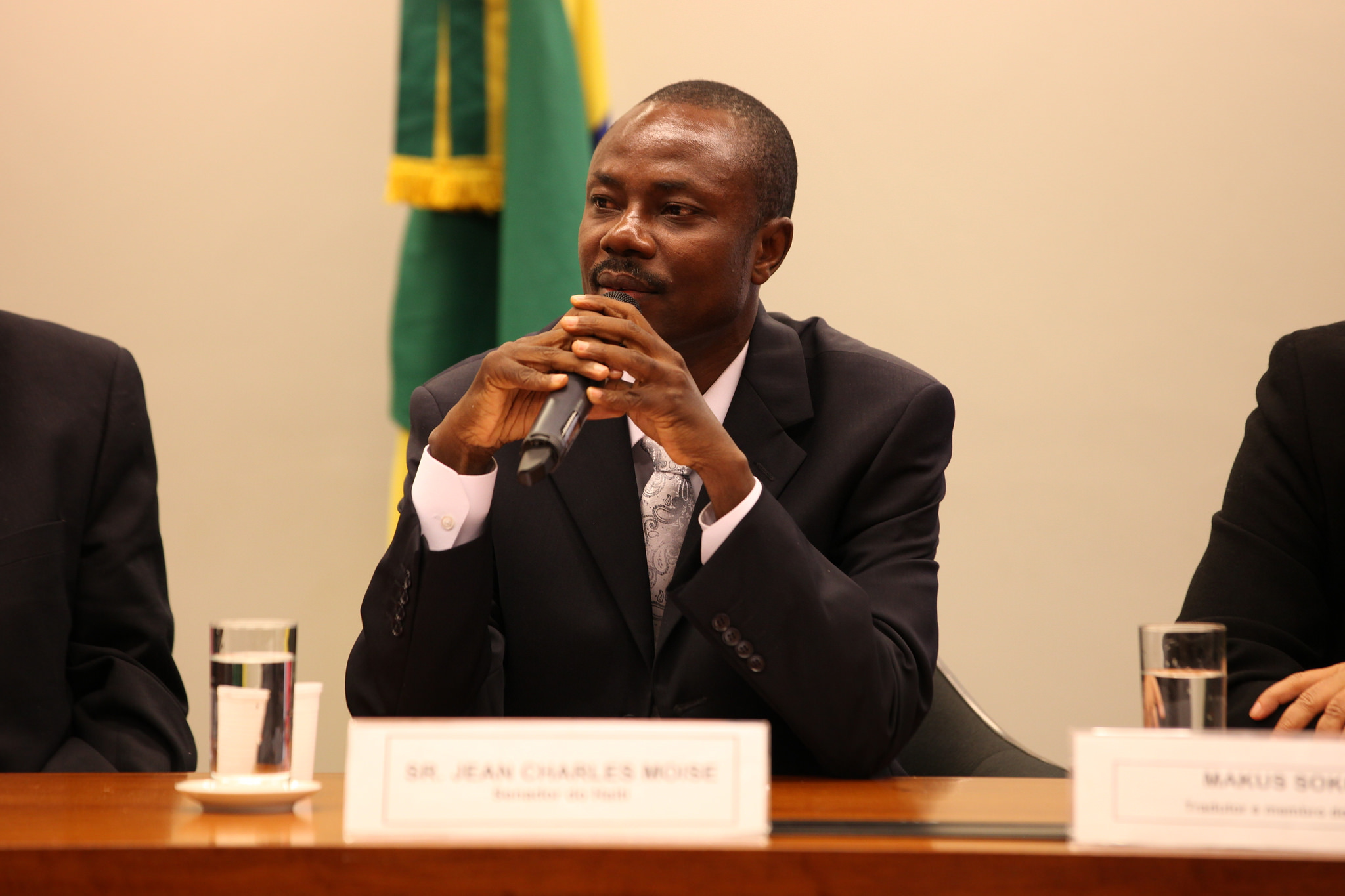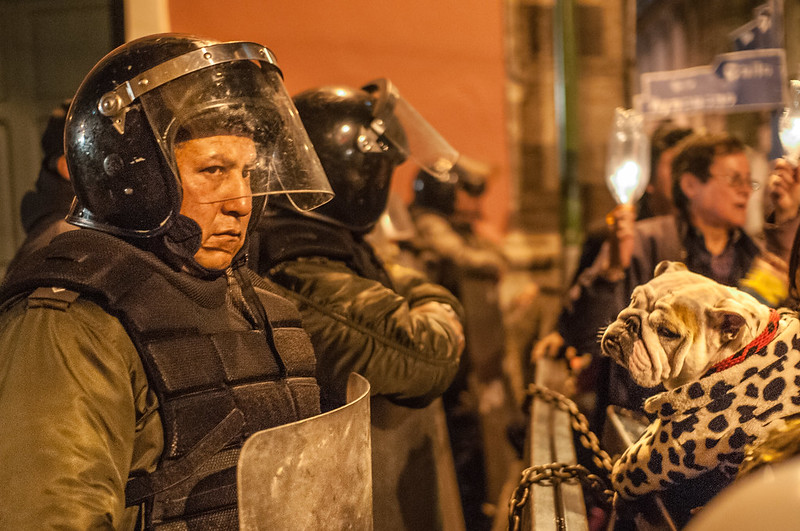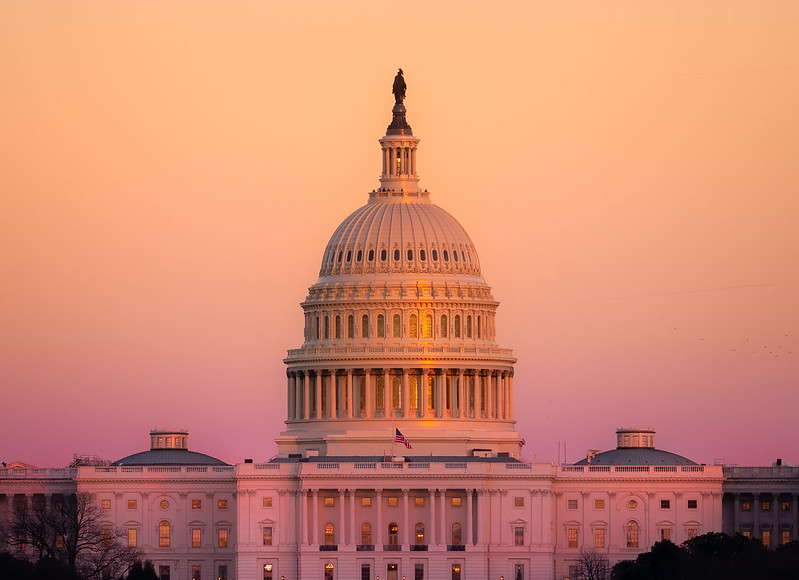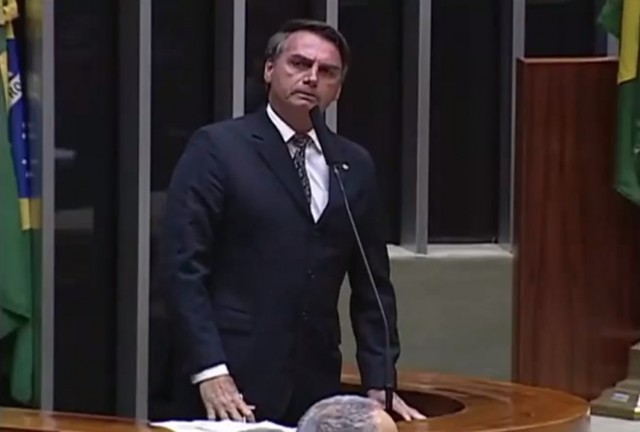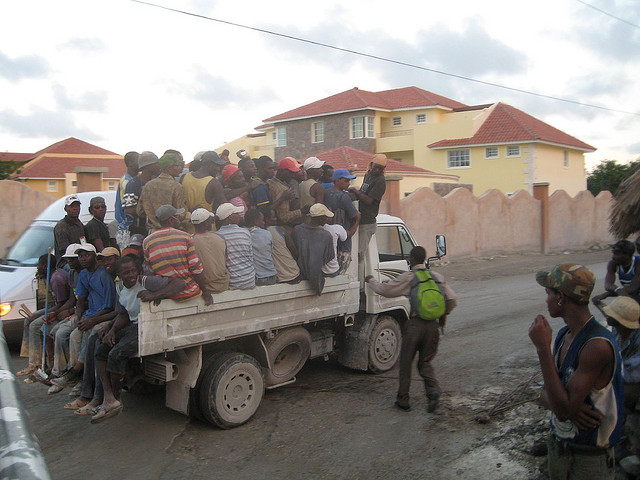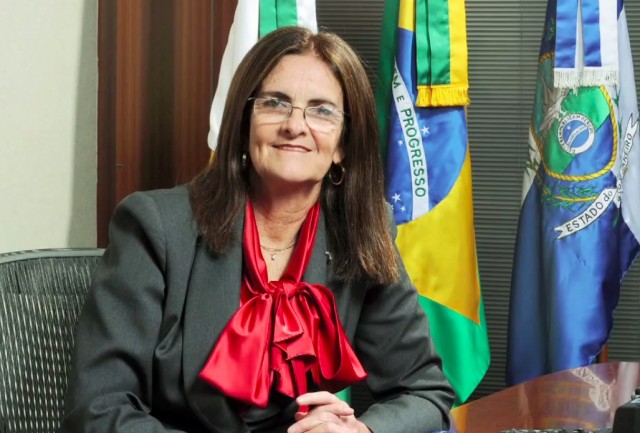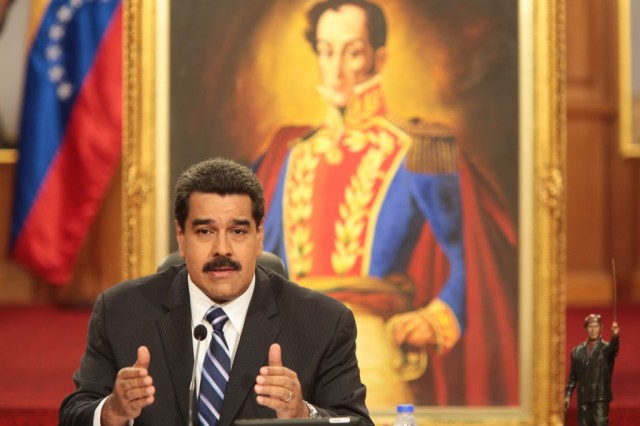
Andes, Latin America: Week in Review, Venezuela
U.S. Expands Visa Restrictions for Venezuelan Officials
February 3, 2015 By Staff
Top Story — The relationship between Venezuela and the United States reached new levels of animosity on Monday, as the U.S. State Department announced that Venezuelan politicians suspected of corruption or human rights abuses — as well as members of the politicians’ families — will be denied travel visas to the United States. The announcement comes days after Venezuelan President Nicolas Maduro accused U.S. Vice President Joe Biden of plotting to overthrow his socialist government, a charge that the vice president’s office calls “ludicrous.”
Venezuelan politicians suspected of corruption or human rights violations “are not welcome in the United States,” State Department spokeswoman Jen Psaki said about the new visa restrictions. The move to also ban family members of suspected Venezuelan officials is unprecedented.
Over the weekend, Maduro told viewers during a televised announcement that “what Vice President José Biden did is unspeakable,” in reference to what Maduro claims was Biden’s attempt to instigate an overthrow of the Venezuelan government. According to Maduro, Biden urged Caribbean heads of state during an energy summit in January to withdraw their support for Venezuela. The Latin American country’s economy is currently struggling over a recent slump in global oil prices.
Biden’s office referred to Maduro’s charges as “ludicrous,” adding that they are “clearly part of an effort to distract from the concerning situation in Venezuela, which includes repeated violations of freedom of speech, assembly, and due process.”
Despite the cooling of relations between Venezuela and the United States in the last several years — the two countries have not traded ambassadors since 2010 — Biden and Maduro engaged in cordial relations in January during Brazilian President Dilma Rousseff’s inauguration ceremony, where they shook hands.
“Vice President Biden: Look me in the eyes. I saw you in Brazil, I gave you my hand,” Maduro said during his address over the weekend. “You, who said this is a new era for relations in Latin America, were going to conspire against Venezuela.”
Headlines from the Western Hemisphere
North America
- The parents’ of the 43 disappeared students from Ayotzinapa, Mexico appealed to the U.N. on Monday for help seeking justice in the case because they feel the government “is not able to do anything.”
- U.S travel agencies and travel websites have already seen a surge of interest in travel to Cuba, with websites like Kayak.com offering flights and hotels to Cuba for the first time.
Caribbean
- An important bus drivers’ union in Haiti called for a two-day strike in protest of high fuel prices, preventing Haitians from getting to work and school and resulting in protests that left three people wounded as violence erupted between demonstrators and police using tear gas and live ammunition.
- The Cuban government detained the lowest number of “opposition activists” in January than it has in any month in four years, with 178 dissidents detained for between 2 hours and 12 days, according to the dissident human rights organization the Cuban Commission of Human Rights and National Reconciliation.
- Twelve migrants from the Dominican Republic were detained and an unknown number are still missing after their homemade boat sank Jan. 30 off Puerto Rico’s northwest coast.
Central America
- Representatives of El Salvador’s Catholic church have begun an “informal dialogue” with gang leaders in an effort to bring peace to the country, a move that could indicate greater levels of church involvement in talks amid the truce announced by MS13 and Barrio 18 last week.
- Security forces in Honduras announced they have drastically reduced the number of aircraft that transport drugs thanks to new technology and tighter enforcement laws, which in turn has curbed drug violence.
Andes
- Price-control authorities in Venezuela are holding two executives from Farmatodo, the country’s largest drugstore chain, in an investigation into suspected illegal activities contributing to Venezuela’s supply shortages.
- Bolivia’s interior minister announced his government’s interest in cooperation with the U.S. Drug Enforcement Administration — an agency expelled from the country by President Evo Morales in 2008 — on illegal cocaine production, though the agency will not be allowed to re-open an office in Bolivia.
- Members of Peru’s Kichwa indigenous community have been protesting along the River Tigre, blocking it with cables to prevent oil companies’ boats from passing, as they accuse their government of ignoring the detrimental social and environmental impact of oil operations on the region.
Southern Cone
- Two Argentine judges on Monday declined to take the case made against President Cristina Fernández by prosecutor Alberto Nisman — found dead hours before detailing his accusations that Fernández helped protect a deadly 1994 terror bombing, accusations that will need to be tried in federal courts in what some have likened to a game of “hot potato.”
- Residents of the Asuncion, Paraguay neighborhood of Pelopincho are turning town the free beef offered by a businessman whose farm was attacked by EPP guerrillas who commanded him to donate food to the poor.
- Enrollment in Paraguayan graduate schools by foreign students from places like Brazil and Angola has increased in recent years due to the draw of the low price of a master’s degree — an average of $3,900.
- Brazil is set to increase the legally mandated blend of ethanol in its automotive fuel, a move sure to benefit a network of struggling processing plants, 80 of which have closed in recent years.
Image: Venezuelan government, public domain
